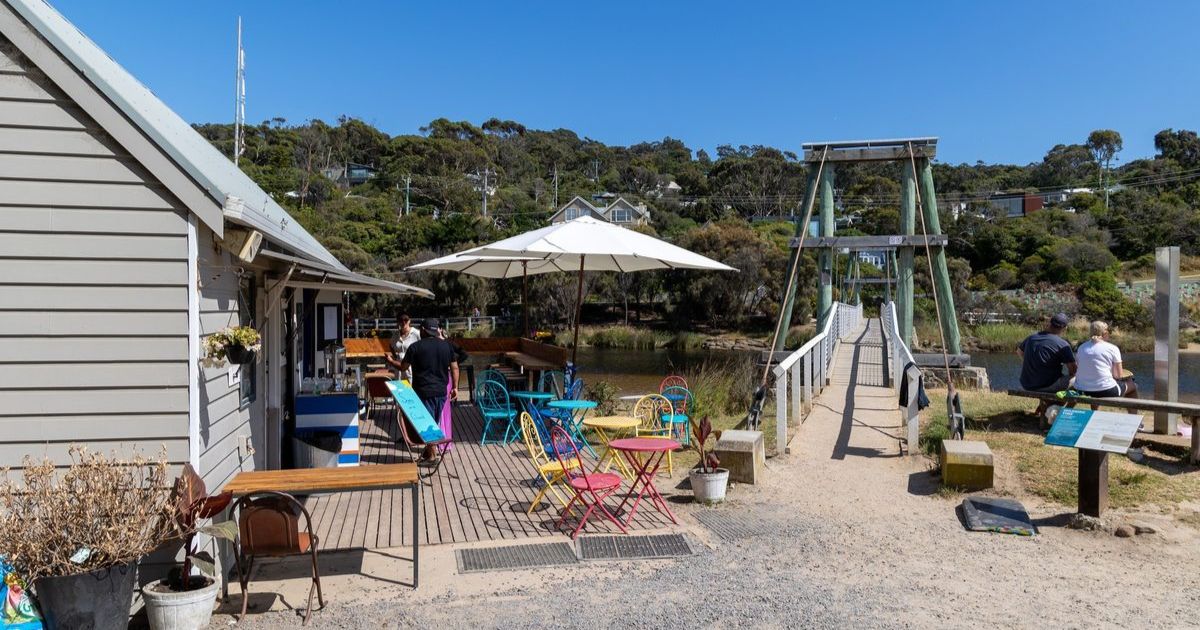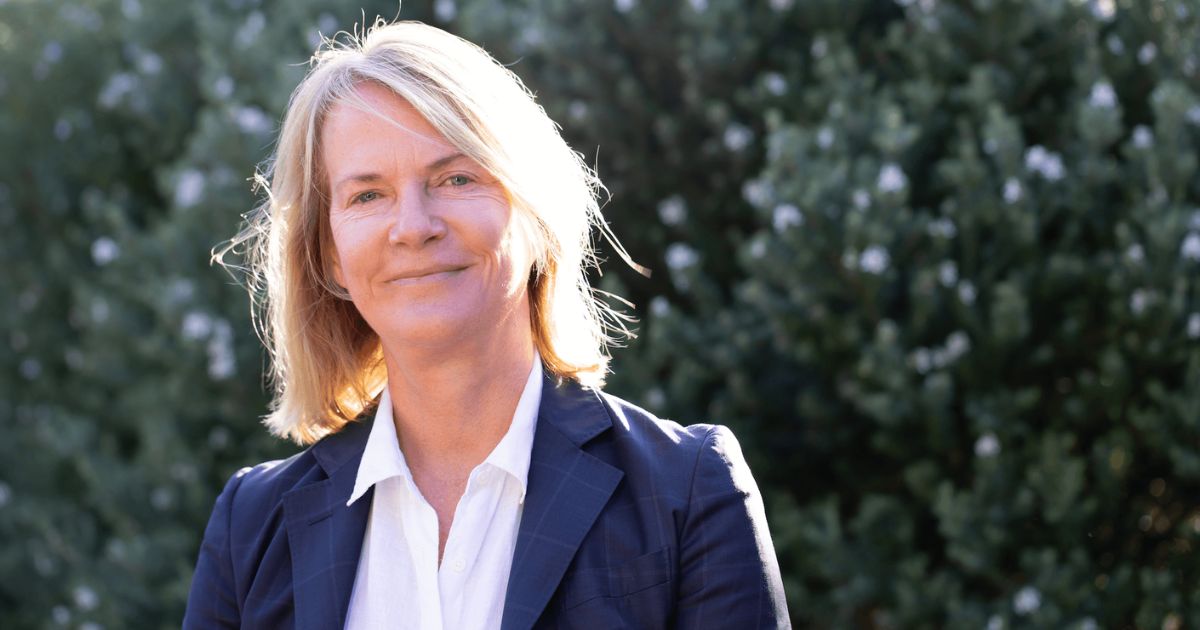Warming oceans put seaweed habitats at major risk
RESEARCH into the future of the Great Southern Reef shows that even under the most optimistic carbon emission scenarios, ocean warming is likely to cause substantial loss of critical habitat-forming seaweeds by the end of the century.
The research, by UWA Oceans Institute Associate Professor Thomas Wernberg and a team of international and Australian colleagues, was published last month in scientific journal Diversity and Distributions.
The Great Southern Reef is a massive series of reefs with extensive kelp seaweed forests that extend around Australia’s southern coastline – including all of Victoria – covering around 71,000 sq/km from Brisbane to Kalbarri.
Professor Wernberg said that over the next 85 years, Australia’s temperate coastlines were likely to experience substantial reductions of habitat-forming seaweeds, which are the biological engine of the Great Southern Reef.
“We looked at the present and future distribution of 15 large dominant seaweed species and found they would lose between 30-100 per cent of their current area to ocean warming even under the optimistic most scenario, where we aim to limit global warming to less than 2 degrees C.
“This is bad news because these seaweeds support our globally unique marine biodiversity and important recreational and commercial fisheries such as abalone and rock lobster, Australia’s most valuable fisheries.”
All but two of the 15 species were predicted to contract southwards before 2100. Dominant species such as common kelp and strapweed were predicted to lose nearly half of their present distribution to become compressed in pockets on the south coast. Seaweeds such as giant kelp, bull kelp and crayweed were predicted to become extinct from the Australian continent.
Professor Wernberg said it was well known how climate change was causing ocean temperatures to increase in many regions – this is a problem for cool-water species such as temperate seaweeds, leading them to shift their distribution into cooler waters.


















